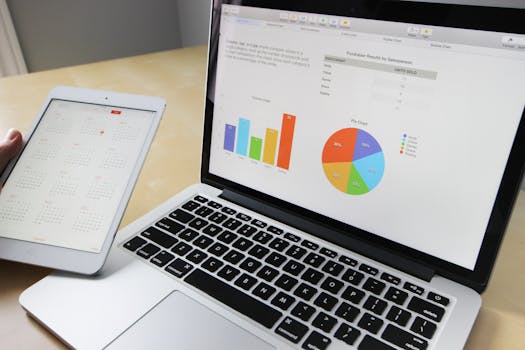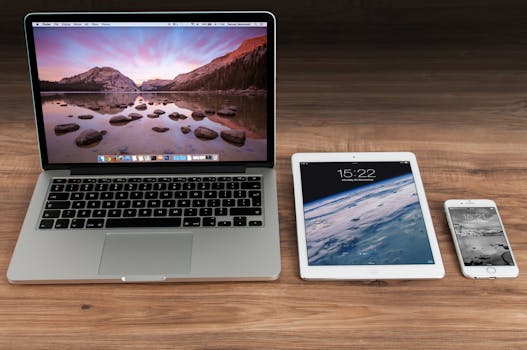
How Mobile Technology is Transforming Lives Across the African Continent
Mobile technology is revolutionizing lives across Africa, driving economic growth, improving healthcare, and enhancing education. With the rapid expansion of mobile networks and the increasing availability of affordable devices, millions of people are now connected to the digital world.
Introduction to Mobile Technology in Africa

In recent years, Africa has experienced an unprecedented growth in mobile technology adoption. The continent is home to over 1.3 billion people, and with a growing middle class, the demand for mobile services is on the rise. Mobile technology has become an essential tool for communication, entertainment, and access to vital services.
Impact of Mobile Technology on Economy

The impact of mobile technology on Africa’s economy cannot be overstated. Mobile money services, such as M-Pesa, have enabled people to transfer money, pay bills, and access financial services easily. This has led to an increase in financial inclusion, particularly in rural areas where traditional banking services are limited. Additionally, mobile technology has enabled businesses to reach a wider market, creating new opportunities for entrepreneurship and job creation.
Improving Healthcare through Mobile Technology

Mobile technology is also transforming the healthcare sector in Africa. Mobile health (mHealth) services, such as telemedicine and mobile health surveys, are being used to improve healthcare outcomes. These services enable healthcare professionals to reach remote areas, provide medical consultations, and monitor patient health remotely. Furthermore, mobile technology is being used to track disease outbreaks, enabling early intervention and prevention.
Enhancing Education through Mobile Technology

Mobile technology is also enhancing education in Africa. Mobile learning platforms, such as e-learning apps and educational websites, are providing access to quality educational content. These platforms enable students to learn at their own pace, access educational resources, and interact with teachers and peers remotely. Additionally, mobile technology is being used to track student attendance, monitor progress, and provide feedback to teachers.
Challenges and Opportunities

Despite the many benefits of mobile technology in Africa, there are still challenges to be addressed. The lack of infrastructure, limited access to electricity, and high costs of mobile devices and services are some of the barriers to adoption. However, these challenges also present opportunities for innovation and investment. Governments, private sector companies, and development organizations are working together to address these challenges and harness the potential of mobile technology to drive development.
Conclusion

In conclusion, mobile technology is transforming lives across the African continent. With its potential to drive economic growth, improve healthcare, and enhance education, mobile technology is a vital tool for development. As the adoption of mobile technology continues to grow, it is essential to address the challenges and harness the opportunities to ensure that the benefits of mobile technology are equitably distributed.
See more:

https://www.gsma.com/
https://www.unicef.org/
https://www.worldbank.org/





